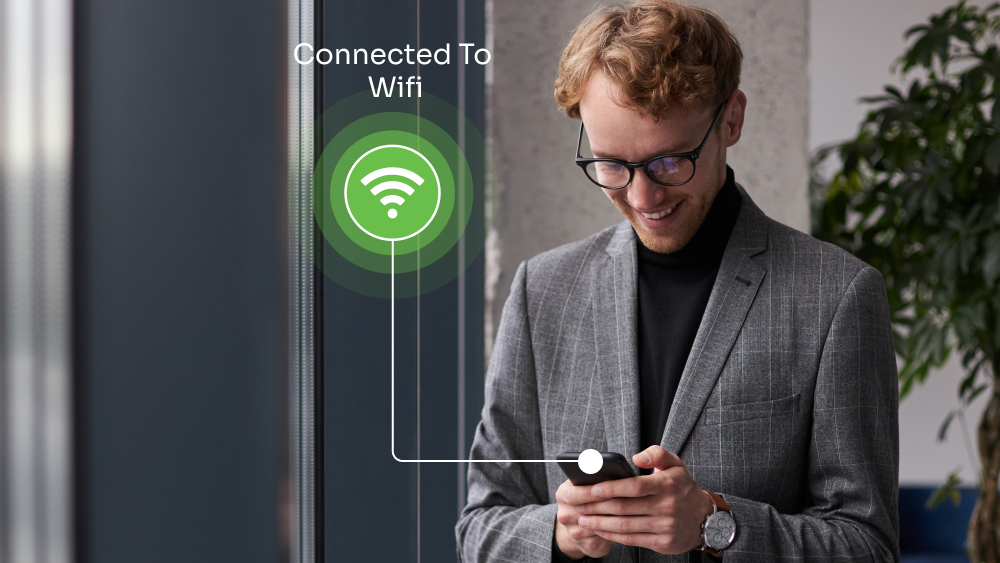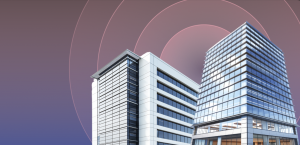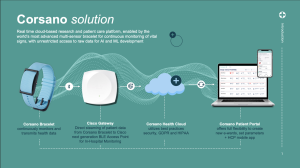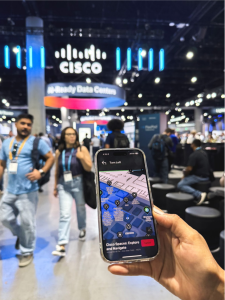
Free Wi-Fi has become a standard amenity in businesses across various sectors, from hospitality to retail. It’s a strategic way of enhancing customer experience and prolonging patron visits. However, offering guest Wi-Fi can expose businesses to significant security risks if not managed properly. Let’s take a look at some guest Wi-Fi security best practices, aimed at providing technical insights for networking and IT managers.
Three Major Security Risks Of An Unsecured Network
Unsecured Wi-Fi networks can be plagued by various security threats, including unauthorized access, data theft, and malware attacks. These networks can be exploited to gain unlawful access to internal resources or orchestrate attacks against other users on the network. There’s also the concern of legal complications resulting from illegal activities performed over your network. Hence, securing your guest Wi-Fi network is of paramount importance.
Unauthorized Access
Provide a brief explanation explaining what this risk entails and why it’s a major issue to protect against through the best practices described later in the article.
Data Theft
Provide a brief explanation explaining what this risk entails and why it’s a major issue to protect against through the best practices described later in the article.
Malware Attacks
Provide a brief explanation explaining what this risk entails and why it’s a major issue to protect against through the best practices described later in the article.
The Importance Of Guest Wi-Fi Security
Secure guest Wi-Fi not only protects companies from potential external threats, but also safeguards the privacy and data of your guests. A single security breach can cause significant reputational damage, and in worst cases, legal penalties. A report by IBM1 Security placed the average total cost of a data breach at around $3.86 million, in 2020.
Implementing Security Best Practices for Your Guest Wi-Fi Network
Robust security measures are essential to manage and control access to your network. These are some of the best practices…
1. Creating Separate Networks for Guests & Internal Users
It’s crucial to segregate your primary business network from the guest Wi-Fi network. By keeping these two networks separate, you limit potential attackers’ access and safeguard critical business data and systems. This technique is a form of network segmentation, a security best practice recommended by various cyber regulations.
2. Adding a Captive Portal
Captive portals provide a useful layer of security to your guest Wi-Fi network by requiring users to interact with a dedicated landing page before being granted internet access. This often involves signing in, accepting terms and conditions, or submitting a verified email address or phone number.
3. Encryption & Password Protection
Offering open guest Wi-Fi is a major vulnerability. Using strong encryption like WPA2 or WPA3 is a must to secure the network traffic. Also, providing a password to guests using a secure medium can add another layer of protection.
4. Limiting Network Access
Guest Wi-Fi users should only have access to the internet and not to other parts of your business network. Implement rules to limit access to avoid inadvertent or deliberate exploitation of network resources.
5. Updating Network Equipment Firmware
Hardware vendors often offer firmware updates that address identified vulnerabilities in their equipment. Regular updates ensure your hardware can mitigate the latest known threats. Many enterprise-grade equipment manufacturers, like Cisco, provide automatic updates as a part of their service.
6. Enforcing Acceptable Use Policies
An Acceptable Use Policy (AUP) is also a viable way to protect your business from liability stemming from inappropriate use of your Wi-Fi service. After establishing the policy, it’s important to ensure users accept it before they are granted access.
Securing guest Wi-Fi necessitates a conscious, proactive approach. By adopting these best practices, businesses protect themselves and their customers from potential security threats.
Professional Solutions To Ensure Secure Guest Wi-Fi
Cisco Spaces offers robust security features for guest Wi-Fi onboarding, including customizable Captive Portals, OpenRoaming, Spaces SDK, and more. With a professional solution like this, businesses can enjoy the benefits of providing guest Wi-Fi while maintaining stringent security standards.
Learn more about guest Wi-Fi security via Cisco Spaces Captive Portals and try a demo today.



